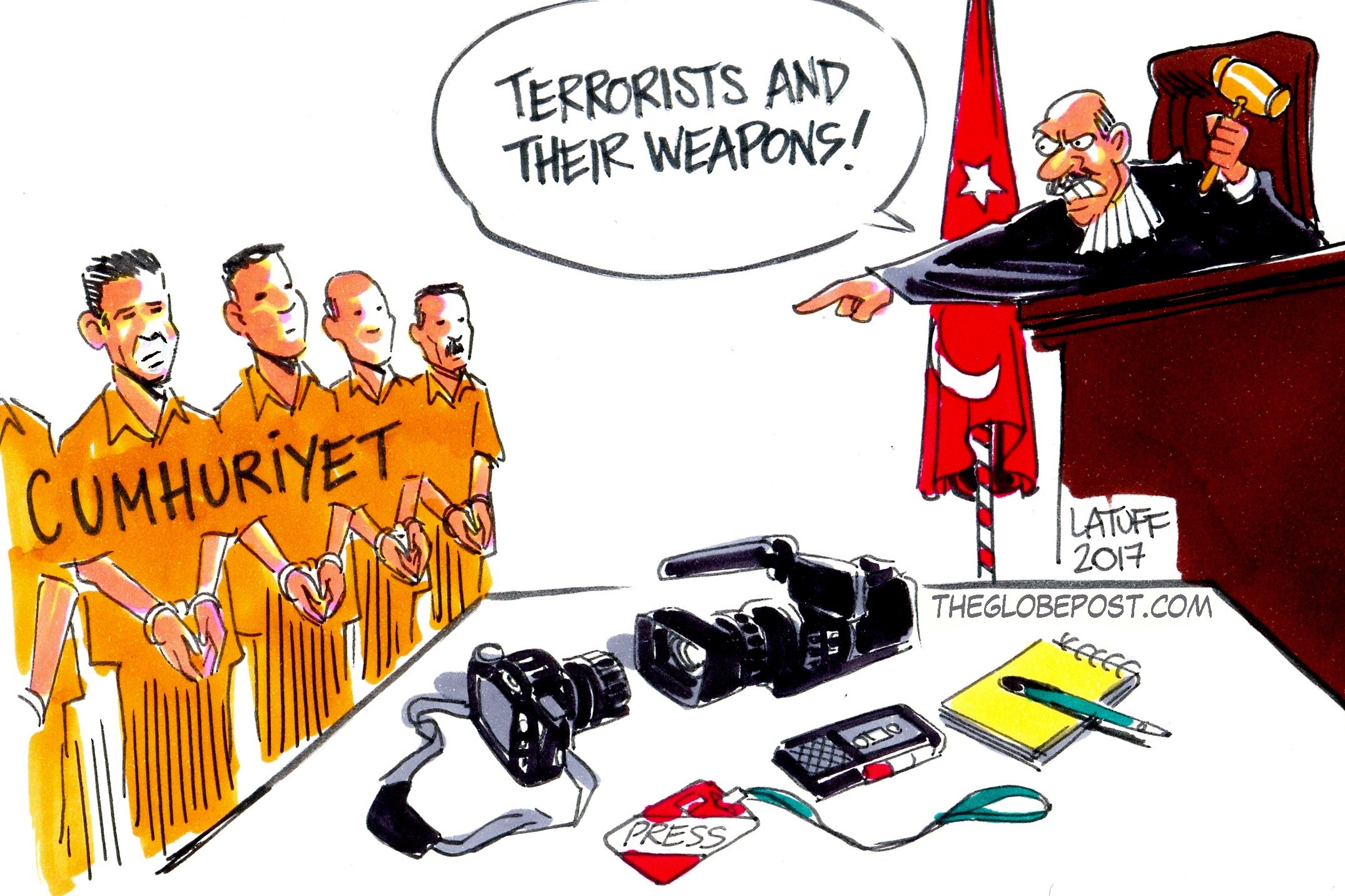For a good part of the 20th century, radio accompanied and recorded the triumphs, tragedies, and everyday dramas of people’s lives. It is a global phenomenon whose demise has been predicted multiple times and never transpired.
As such, radio is a rich source for cultural history, as it might tell us what people heard, how they listened, or how, in the words of Reynaldo González, historian of Cuba’s early radio dramas, they came to experience the pleasure of crying together as they followed the travails of their favorite characters.
There is also a long history of marginalized groups accessing political voice through radio. Yet despite its rich potential, the challenge of preserving the broadcasting past is great. Materially, tapes are in danger of degradation, while others have been thrown out, deemed as unimportant or not worth saving.
It is in this context that archival radio is finally getting some needed attention. The Radio Preservation Task Force (RPTF), a non-profit preservation initiative launched in 2014 by the Library of Congress’s National Recording Preservation Board, was founded with the goal of identifying and facilitating the preservation of surviving audio recordings of radio’s past. In November of this year, the RPTF will hold its second conference in Washington D.C., where it will work to expand networks, share strategies, and seek funding for new projects.
Historians typically depend on written archives to piece together the narratives and craft the arguments that explain and interpret anything from a battle to an election to a star-crossed love affair. Less well known but equally important is the use of non-written archives, specifically sonic archives, in historical inquiry.
Recently, however, podcasts and digitization of archival materials have combined to produce a renaissance in both the production and preservation of aural media. Podcasts have revived an interest in and appreciation for the sound-based media, and the proliferation of digital, often open-access archives have opened up new possibilities for scholars, students, and the public at large to access and appreciate old radio, including but not limited to fictional dramas and comedies, news broadcasts, sports, and advertising.
The RPTF and its network of hundreds of scholars, librarians, archivists, and technicians have dedicated time and energy to seeking out valuable radio archives and working towards their preservation.
The need is urgent: unlike paper documents, which are relatively stable, audio recordings can quickly become physically degraded and/or technologically obsolete. To date, the task force is affiliated with over twenty-five archives, broadcasting associations, and academic institutes, and is compiling data on radio archive holdings around the country.
The task force has also begun to build large educational projects with prospects for scholarly and institutional collaboration. The newly-launched Public Media Research Project brings together the American Archive of Public Broadcasting, National Public Radio, the Studs Terkel Archive, the Library of Congress and a growing list of archives with the efforts of 17 professors (and counting), who will work to “map the history of public broadcasting in the United States.”
Similarly, the Cold War Communication Project brings the Hoover Institution Library and Archives, the Wilson Center, the Library of Congress, and the National Archives together with interested scholars. These collaborations between archives and academics are aimed at addressing the urgent preservation needs, as well as encouraging the research and classroom use of these and other archival radio materials which will, in turn, raise awareness about and provide greater resources for subsequent preservation efforts.
The RPTF’s November 2017 conference in Washington D.C. will bring together media scholars, historians, preservationists, archivists, collectors and others to discuss the preservation of the nation’s radio patrimony and strategies for raising awareness about radio’s importance to the history, culture, and politics of the nation and the world over the past century.
One of the RPTF’s current priorities is to encourage the use of radio history in the classroom, emphasizing its significance to primary and secondary students as well as at the university level. The commitment to radio history includes a commitment to sharing knowledge beyond the narrow confines of scholarly production.
Use and preservation of archival radio are mutually reinforcing: Listening to old radio brings the past to life for students and others, and reminds us all of the importance of radio to the nation’s historical record. For more information on the conference and the task force, visit here.
Disclaimer: The views and opinions expressed here are those of the author and do not necessarily reflect the editorial position of The Globe Post.
















